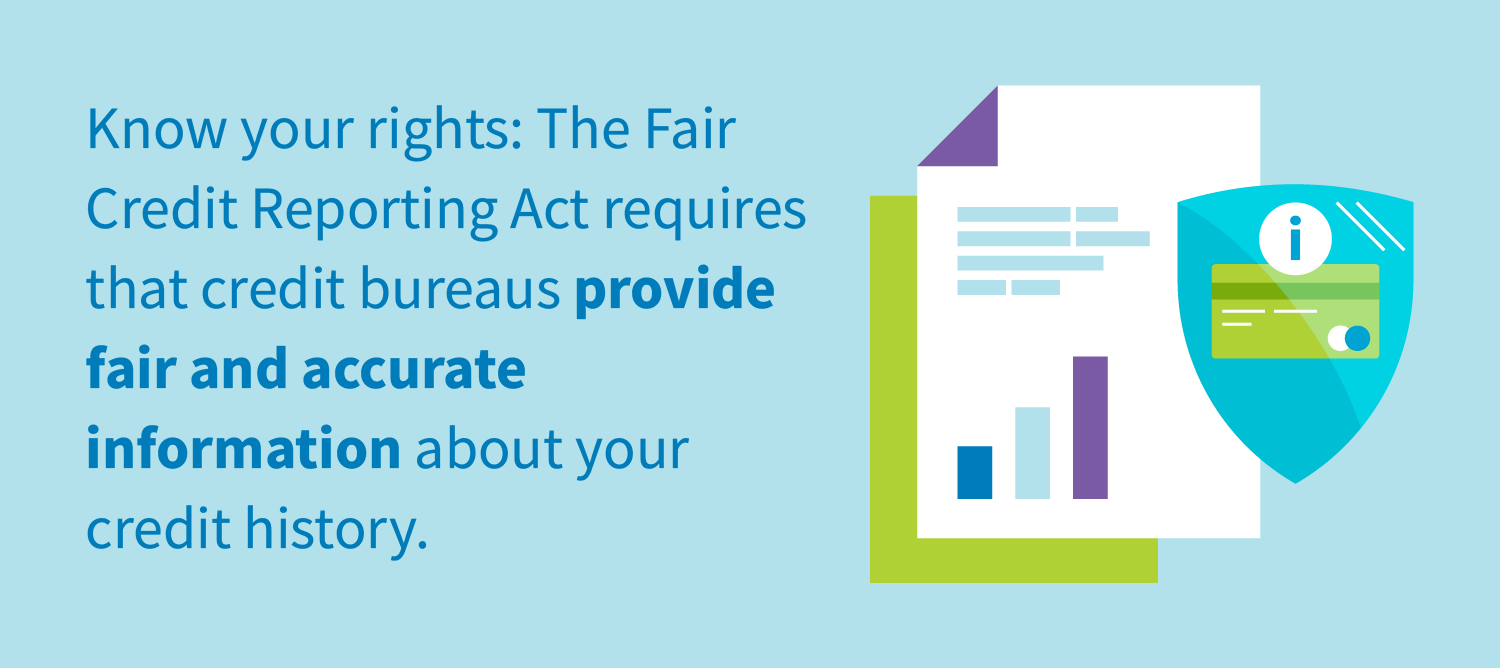
Disclosure regarding our editorial content standards.
Bad credit and a bad credit score can be the stuff of nightmares. It restricts many of your freedoms, including lowering your chances of getting a loan or a mortgage. Some employers even reject job applications if you have bad credit.
If you’re in such a situation, credit repair might seem like a reasonable course of action. The process is legal and allows you to maintain credit that reflects your financial reality.
However, before you call the first number you find for a company that promises fast credit repair, let’s discuss what to know and what to watch out for so you can avoid getting scammed.
What is credit repair?
Credit repair is simply the act of working to “fix” your credit. Some people think that means erasing everything bad so your credit is pristine and you can jump up into the high tiers of the credit score ranges.
That’s actually impossible and potentially illegal. Creditors and the credit bureaus have a burden under the law to provide credit reports that are fair and accurate. If you have a legitimate negative mark on your credit history, you may have to wait for time to erase it while you take positive actions to improve your credit in other ways.
Ultimately, credit repair means taking actions that can help your credit and credit scores. Credit scores are calculated using your credit reports and several different scoring models, but the general consensus is that scores around 680 and up are considered good to excellent.
Scores between 580 and 680, give or take a few points in different models, might be considered fair. Scores at the lower end of the range, which bottoms out at 300, are considered bad or poor.
When you engage in credit repair, you may be trying to better your credit for many reasons. Better credit is desirable because it makes it more likely you’ll get approved for loans. Good or excellent credit scores also help you get approved with terms that are more favorable, such as lower interest rates. That can reduce the cost of borrowing money.
How does credit repair work?
Credit repair involves taking positive actions to counter the impact of negative information on your credit report. This may mean that you inform the credit bureaus of inaccurate, negative items on your credit report to have them removed, or it may mean creating positive credit habits that can reflect well on your report over time.
When you want the credit bureaus to remove inaccurate, negative items on your credit report, you start by requesting your credit reports from the three credit bureaus: Experian®, TransUnion® and Equifax®. The reports contain records of your transactions and should match your financial statements.
However, credit reports can have errors like:
- Inaccurate records of late or defaulted payments on loans
- False reports of foreclosure
- Bankruptcy records
Once you have noticed erroneous negative information, you may write a letter to the credit agency that issued the report that contains the wrong information, informing them of the error and asking for its removal.
The relevant bureau then conducts investigations to see if your claims hold water. If the claims are factual, the negative information will be removed from your credit report, thereby improving your credit score.
What do credit repair companies do?
Legitimate credit repair companies do what you could do for yourself if you had a lot of time to research and follow up on details. Here are some of the services credit repair companies might offer:
They help you get a look at your credit reports and scores so you know where you stand. They also help you identify negative items that you could potentially dispute if they aren’t accurate.
Some companies offer advice or a report on the state of your credit. They can help you understand what might be dragging your score lower than you prefer. Your credit score is typically made up of payment history, credit utilization, age of credit, credit mix and new credit. Credit repair companies might be able to pinpoint which of those areas you’re having the most problem with so you can take positive proactive steps to improve it.
Most credit repair companies work with you to dispute inaccurate negative items. The cost of this services varies by company, and nothing happens overnight. Credit repair can be a lengthy process. Most legitimate credit repair services charge a monthly service or subscription fee.
Is credit repair legal?
Yes, credit repair is legal. In fact, legitimate credit repair is protected by federal law. The Fair Credit Reporting Act requires that credit bureaus provide fair and accurate information about your credit history. If you find inaccurate information on your report, you’re entitled to request that it be investigated and removed.

Know your rights: the air Credit Reporting Act requires that credit bureaus provide fair and accurate information about your credit history.
The federal government also passed the Credit Repair Organizations Act. This law governs how credit repair organizations handle business, including how they advertise and charge for their services.
Is credit repair legal in all the states?
Credit repair is legal in all U.S. states. You’re also fully protected by the federal laws on credit repair.
Most states have specific laws that govern the credit repair industry in that state. State laws may require specific licenses or bonding or regulate what fees can be charged for services, for example.
What are the laws that protect me and my credit?
The Credit Repair Organizations Act (CROA) contains laws designed to protect you and your credit.
Some of the credit repair scams the CROA protects you from are:
- Up-front charges: a company shouldn’t ask you to pay for any credit repair services before they complete them
- Misrepresentation: credit repair companies shouldn’t promise a certain amount of increase on your score or offer a timeline for the improvement since they don’t control these factors
- False claims: a credit repair company shouldn’t present fake information and documentation to a credit bureau on your behalf, including a fake identity
- Disruption of rights: credit repair companies shouldn’t ask you to waive any of your rights or restrict you from contacting the credit bureaus without their help
Four signs of an illegitimate credit repair company
Understanding what’s legal can help you identify illegitimate credit repair companies. These businesses operate almost like scams, taking your money and providing little in return. Here are some major red flags that you should look for when considering a credit repair company.
1. They don’t inform you of your rights
The CROA requires that all credit repair contracts be in writing. Credit repair companies must also provide you with a written statement of your rights. If you don’t get either of these in writing of some type, you may want to look for another credit repair partner.
2. They ask for all payments up front
This is actually illegal. The CROA specifically states that credit repair companies aren’t allowed to demand advance payment for credit repair. For example, a company can’t say “Pay us $500 and we’ll remove these negative items from your record.”
You may be asked, however, to pay for work that has already been performed, which could end up in a monthly billing program or something similar to a subscription plan when work has to continue over a period of time.
3. They promise to remove accurate negative items
In fact, no credit repair organization can promise to remove items from your report. They don’t have that power—they can only help you make a case that items should be removed. The credit bureaus and creditors take it from there.
So, if a credit repair company is promising to remove items—especially accurate ones—it’s a red flag. That’s true whether or not you’re asked for advance payment.
4. They otherwise violate the Credit Repair Organizations Act
If a company does anything else that violates CROA rules, it’s probably not a legitimate credit repair business. Some other things prohibited by the CROA include making false statements to the credit bureaus or creditors, attempting to falsify data or identification to keep information off a consumer credit record or misrepresenting services to consumers.
The CROA also requires that consumers be able to cancel their credit repair contracts at any time.
Other ways to assess a credit repair company
If you can’t tell that a credit repair company is displaying one of these red flags, does that mean they’re legitimate? Maybe, but maybe not. Make sure to do a bit of research before you choose a company.
Your credit repair options
DIY credit repair is a valid option. You can send your own credit dispute letters or read up on what goes into a credit score so you know how to make positive changes in your money management habits. That can have a positive impact on your credit in the future.

Many people don’t have the time or means to go it alone. Work with a credit repair organization, like CreditRepair.com, to fix your credit. Our fully transparent process can help you get back on track and build sustainable credit habits for your continued financial well-being.
Note: The information provided on CreditRepair.com does not, and is not intended to, act as legal, financial or credit advice; instead, it is for general informational purposes only.
Questions about credit repair?
Chat with an expert: 1-800-255-0263






